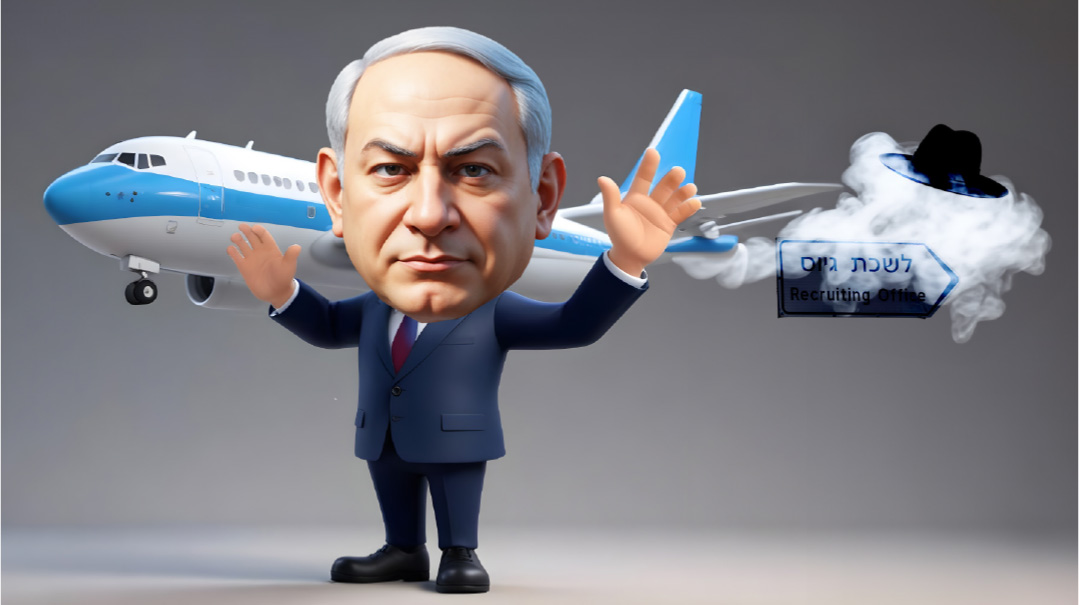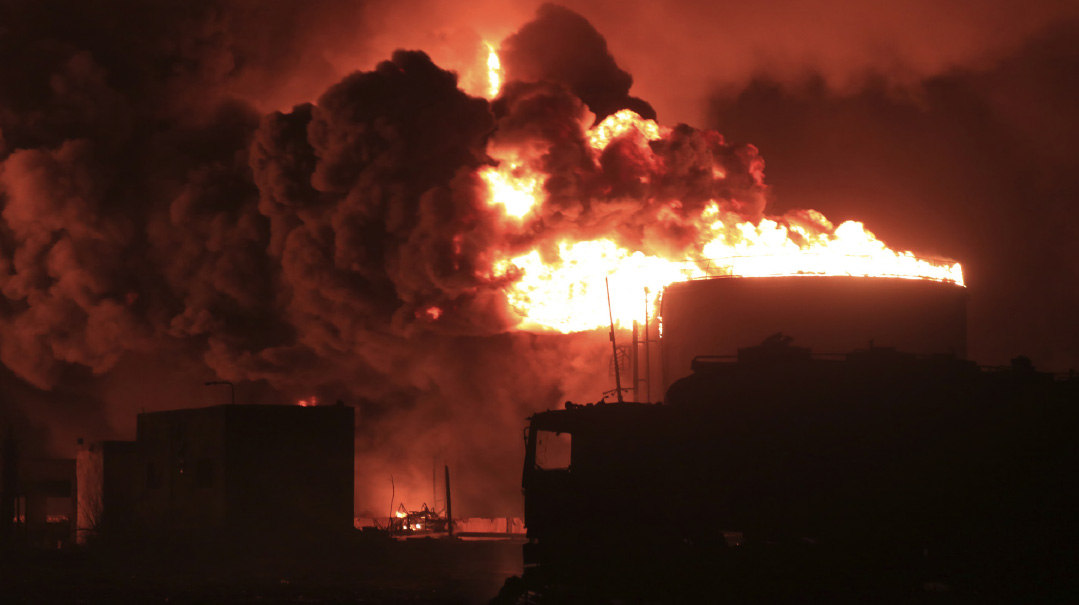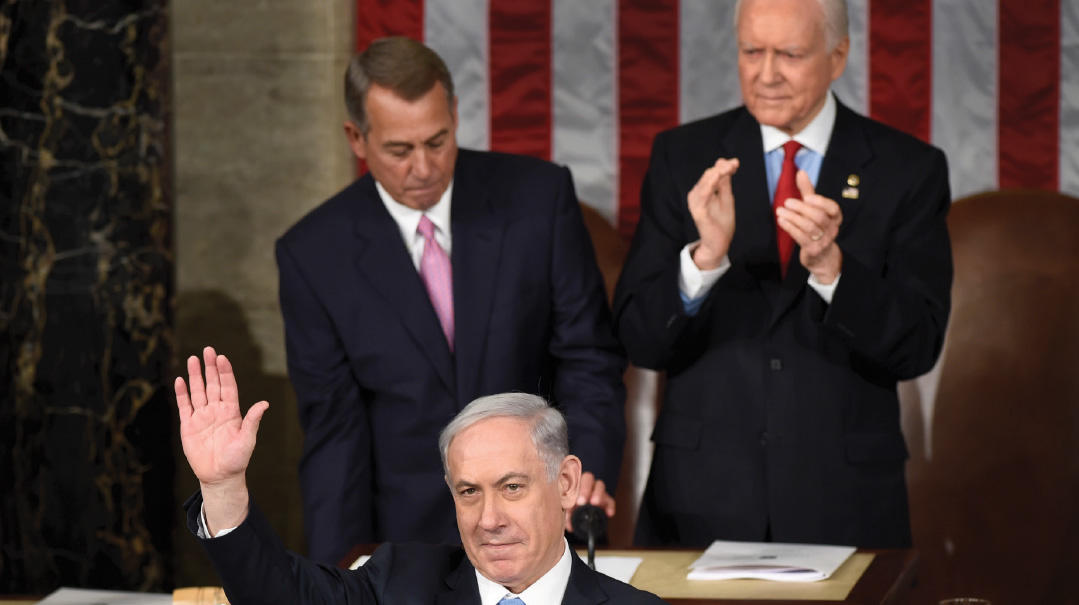Djerba’s Jews Vow to Stand Firm

This was not the first attack on Jews in Djerba
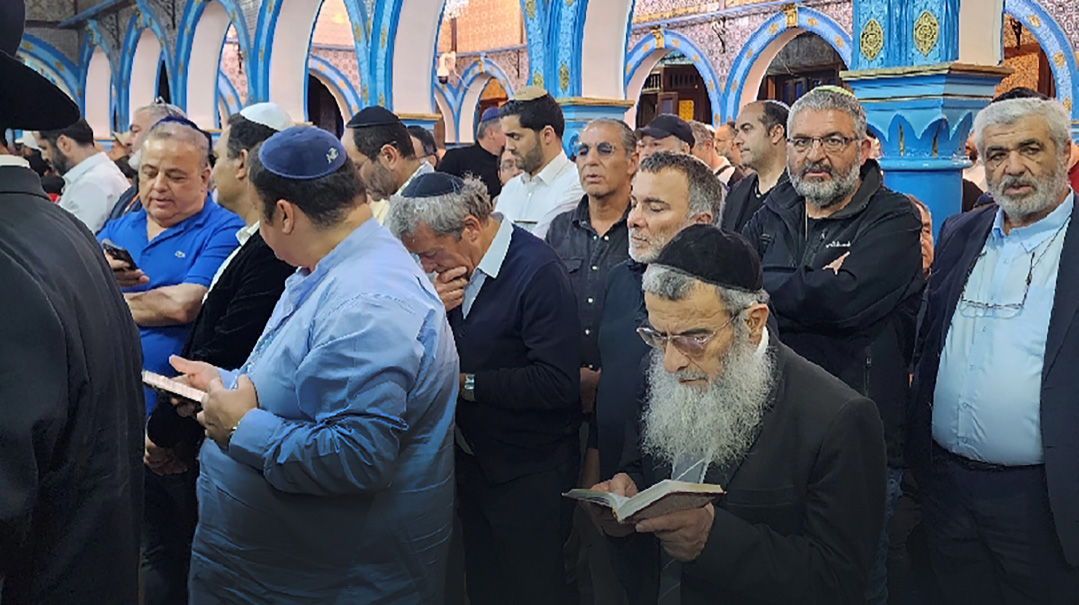
A
terrorist attack on Lag B’omer on the ancient El Ghriba Synagogue of Djerba, Tunisia, that claimed five lives — including two kehillah members — has sent the local Jewish community reeling. But perhaps contrary to expectations, from a Western perspective, few Jews in this Arab country are considering leaving, and most are betting on a Jewish future here.
“It is very difficult to explain what happens here,” says Moshe Ankri from the island of Djerba. “Jews have very strong ties with the local inhabitants. The authorities respect them, and also the police. Obviously there is great pain over what just happened, but they have put down roots in Djerba.”
On May 8, a gunman fired on the celebrations held in observance of the hilula of Rabi Shimon bar Yochai in the El Ghriba synagogue, believed by some to have been founded after the destruction of the First Temple. The attack left five dead, including cousins Aviel and Benjamin Haddad, 30 and 42 respectively; and three Tunisian police officers.
The strong police presence at the event testified to the firm bonds between the Jewish community and Tunisian politicians — including a former minister of tourism, Rene Trabelsi, who was in attendance. While local authorities condemned the attack, President Kais Saied avoided characterizing it as anti-Semitic or terrorist in nature, and instead blamed it on forces that want to “destabilize the government” and especially scare away tourists.
Saied chose his words carefully. Winds of change blew through the country in 2011, after the so-called “Tunisian Revolution.” President Zine El Abidine Ben Ali, who had ruled since 1987, was then ousted. The call for elections gave power to the Ennahda Movement, an Islamist party modeled on Egypt’s Muslim Brotherhood.
President Saied, an independent who has ruled since 2019, strengthened his mandate after a referendum in 2022, and has come under criticism for what some see as an authoritarian style of ruling. Jewish community leaders refrain from commenting on the local political situation.
Although Djerba is a peripheral city in Tunisia, it has played an outsized role in Jewish history. Historically a center of maritime trade, it is believe that many Kohanim found refuge there after the destruction of the Second Temple. In fact, even today the number of Kohanim is disproportionately large for a community this small — about 1,300 Jews.
“The community is very traditionalist,” explains Ankri, himself of Tunisian Jewish descent.
His bond with the country began a few years ago, when his grandmother raved to him about the Djerba community. He decided to visit the place and was so taken that he began to organize trips there. Ankri was especially impressed with how the community maintains a strictly traditional system for making shidduchim, even in the face of other sweeping social changes.
These strong traditional roots have sustained the community, where other Tunisian Jewish communities have not fared as well. Today, more than 80 percent of Tunisian Jews live in Djerba.
“The children here have a solid background in Torah and mitzvot, any child can read the Torah,” says Ankri. Here his voice cracks. “On the Shabbat before the tragedy, I was with Aviel, and he read from the Torah... He was a very special boy, always attentive, always smiling.”
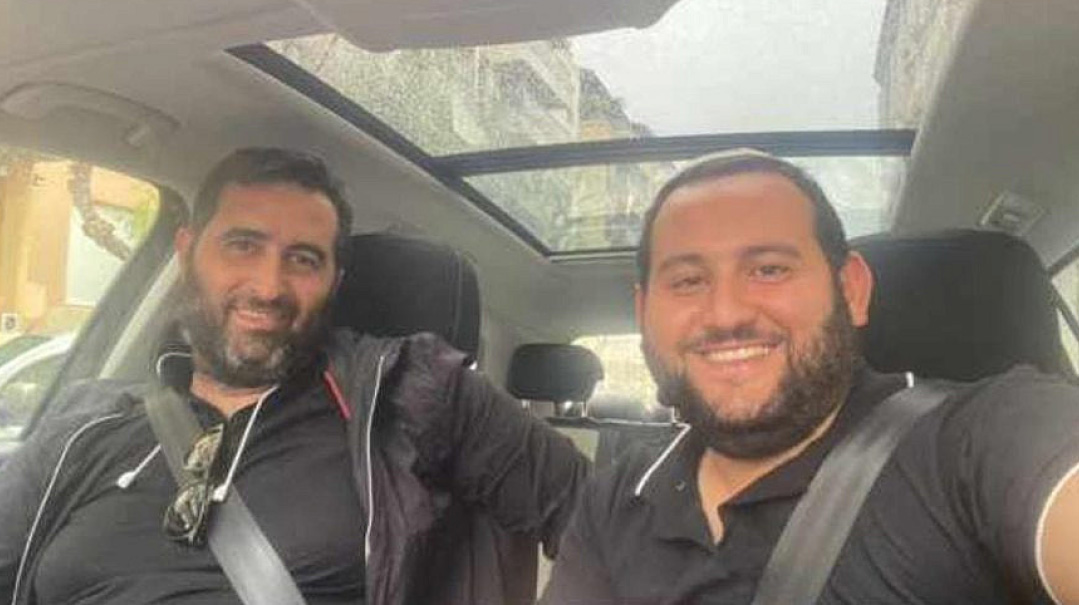
Aviel and Benjamin Haddad
Despite his obvious pain over the attack, Ankri wants to clarify that this attack is “an isolated case,” outside the norm. “Relations between Arabs and Jews here are much better than in Israel,” he insists.
However, the truth is that this was not the first attack on Jews in Djerba. In 1982, at the height of the war between Israel and Lebanon, several Jews were attacked by Arab citizens. But the worst attack in memory occurred in April 2002, when an Al-Qaeda suicide bomber blew himself up next to a truck full of explosives near the El Ghriba synagogue, leaving 21 dead and dozens wounded.
Despite this checkered history, the local Jewish community holds a striking degree of respect for the police. Djerba community member Adir Chi’adah tells Mishpacha that local police constantly work alongside them, ensuring security in schools and synagogues. “We must not forget that three local police officers died in this same attack,” he says.
Tunisia’s once mighty Jewish community, numbering in the hundreds of thousands, today does not even reach 2,000. The vast majority emigrated to Eretz Israel after the creation of the state in 1948. Many others chose to settle in France, given the ease of the language for them; Jews in Djerba speak Arabic, French, and Hebrew. That being the case, why are locals reluctant to leave Tunisia?
“It’s never easy to leave a country,” Ankri explains.
The Jews in Djerba are settled, have jobs (mainly in the gold and jewelry trade), and, above all, have a strong kehillah.
“There have been many cases of people trying to live in other places who end up coming back,” he says. And many of those who left for Israel or France, he says, had a spiritual fall.
That being said, the Jews of Djerba have an unconditional love for the Land of Israel.
“Everyone dreams of making aliyah at some point,” Ankri says. “Everyone understands that there is no place for a Jew like Eretz Hakodesh. However, the current reality shows them that, for the time being, it is best to stay in Djerba.”
(Originally featured in Mishpacha, Issue 961)
Oops! We could not locate your form.

